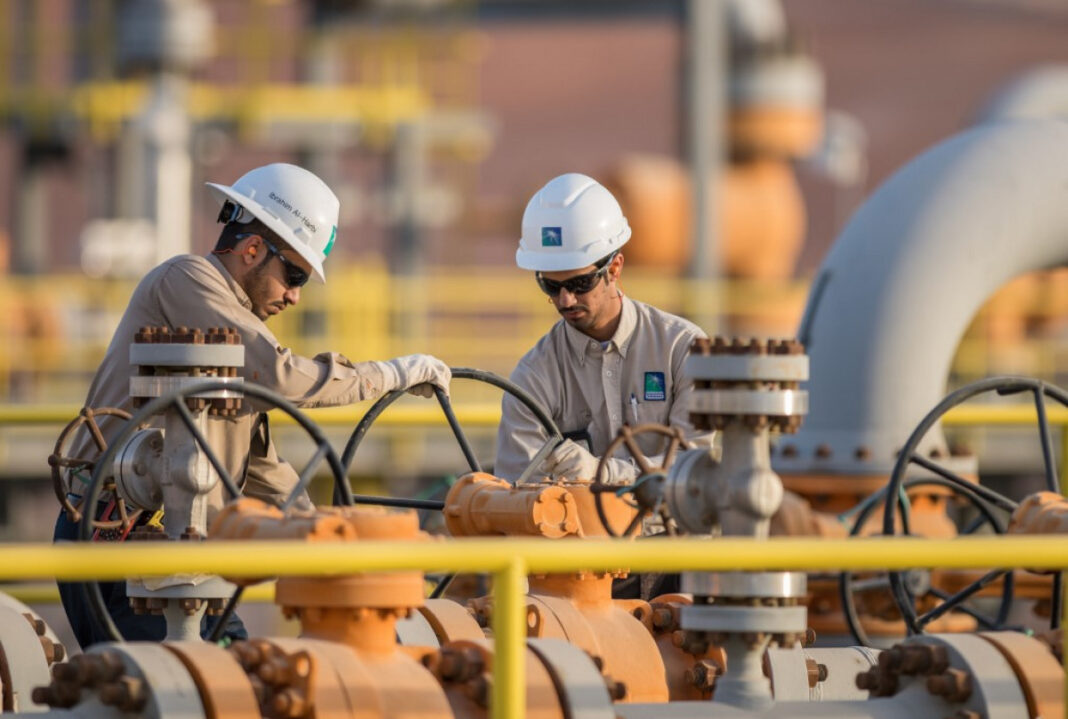The monster profit by the firm, known formally as the Saudi Arabian Oil Co., came off the back of energy prices rising after Russia launched its war on Ukraine in February 2022, with sanctions limiting the sale of Moscow’s oil and natural gas in Western markets.
Aramco also hopes to increase its production to take advantage of market demand as China re-enters the global market after lifting its coronavirus restrictions. That could raise the billions needed to pay for Saudi Crown Prince Mohammed bin Salman’s plans to develop futuristic cityscapes to pivot Saudi Arabia away from oil.
However, those plans come despite growing international concerns over the burning of fossil fuels accelerating climate change. Meanwhile, higher energy prices already have strained relations between Riyadh and Washington, as well as driven up inflation worldwide.
“Given that we anticipate oil and gas will remain essential for the foreseeable future, the risks of underinvestment in our industry are real – including contributing to higher energy prices,” Saudi Aramco CEO and President Amin H Nasser said in a statement.
Profits rose 46.5 percent when compared with the company’s 2021 results of $110bn. Saudi Aramco earned $49bn in 2020 when the world faced the worst of the coronavirus pandemic lockdown, travel disruptions and oil prices briefly going negative.
Aramco put its crude production at about 11.5 million barrels a day in 2022 and said it hoped to reach 13 million barrels a day by 2027.
To boost that production, it plans to spend as much as $55bn this year on capital projects.
Aramco also declared a dividend of $19.5bn for the fourth quarter of 2022, to be paid in the first quarter of this year.
Aramco’s results, viewed as a bellwether for the global energy market, mirror the huge profits seen at energy giants BP, ExxonMobil, Shell and others in 2022.
But the sheer size of the $161bn profit overshadowed even its own previous results, as well as records by Apple, Vodafone and the US Federal National Mortgage Association, or Fannie Mae.
Benchmark Brent crude oil now trades at about $82 a barrel, though prices had reached over $120 a barrel back in June. Aramco, whose fortunes hinge on global energy prices, announced a record $42.4bn profit in the third quarter of 2022 off the back of that price spike.
The staggering profits drew criticism from activists concerned about climate change, particularly as the United Nations COP28 climate talks will begin this November in the neighbouring United Arab Emirates.
Saudi Arabia has pledged to have net-zero carbon emissions by 2060, like China and Russia, though its plans to reach that goal remain unclear. Aramco’s earnings report noted it started a $1.5bn Sustainability Fund in October and plans a carbon-capture-and-storage facility as well.
Amnesty International Secretary-General Agnès Callamard criticised Aramco’s annual profit coming amid global concerns about climate change.
“It is shocking for a company to make a profit of more than $161bn in a single year through the sale of fossil fuel – the single largest driver of the climate crisis,” she stated.
“It is all the more shocking because this surplus was amassed during a global cost-of-living crisis and aided by the increase in energy prices resulting from Russia’s war of aggression against Ukraine,” she added.
Callamard also noted that Saudi Arabia remains one of the world’s top executioners while also remaining locked in a years-long war in Yemen and cracking down on dissent.
“These extraordinary profits, and any future income derived from Aramco, should not be deployed to finance human rights abuses, cover them up, or try and gloss over them,” she continued.
